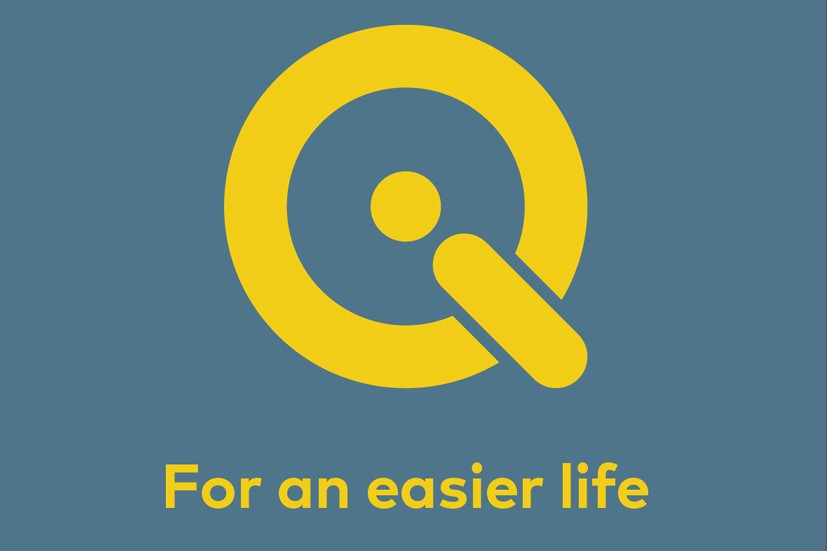The national credit card of Iraq Qi Card along with its state bank partners offers top-class services to the citizens and the government. At a time when severe economic and civil turmoil has hit the country, Qi launched a multi biometric technology to introduce social benefits to citizens electronically through a smart card.
The core of Qi Card’s value proposition is to provide identity management to government and citizens in a fast and secure manner. Because more than 80 percent of the population are unbanked, building acceptance toward this concept in the country was a huge challenge. For that reason, the fundamentals such as enrollment, distribution, and acceptance network had to be built from the ground up.
Qi and its partners were successful in establishing financial inclusion in the country. Since then, Qi remains the standard for electronic payment in Iraq, with over a decade’s worth of operations.
Now Qi serves nearly 8 million citizens and more than 400 government agencies with its services. Additionally, it has over 200 enrollment centres around the country and 15,000 points of sale available for either cash or retail transactions.
In 2017 Qi launched Mastercard in the Iraqi market and currently has nearly 1.4 million Mastercard holders. It again launched a co-badge version of its service for the next-generation Qi biometric technology co-hosted on the Mastercard. To date, Qi has issued nearly 200,000 co-badge cards.
For years, the Iraqi government has struggled to provide access to capital for citizens. Tedious procedures coupled with limited means of verification have restricted lending services in the country. Against this background, Qi has relentlessly work towards innovation in the financial sector.
In 2018 Qi introduced instant loan programme which is aimed at providing instant salary backed loans to its card holders. In the 18 months since the programme launch, Qi provided more than 600,000 loans to citizens with a volume of over $2.8 billion.
Simultaneously, it automated a system for merchants to provide installment programmes to their customers manually. This system allows a merchant to instantly check eligibility of a card holder, grant credit and ensure appropriate monthly deductions. To date there are nearly 3000 merchants offering this service in the market.
In past years, there has been a significant push from the international community as well as the government to reinforce financial inclusion. Qi has built a strategy around these efforts to remain at the forefront of Iraq’s economic growth and offer convenient services to customers.
Yet penetration rate of electronic payment remains low in the country. Qi believes it can become a primary factor for driving growth rates indicative or regional and international payment standards.
Qi’s growth trajectory in the financial sector has established trust among customers at a very crucial period. In short, it has become a model for new entrants and will lay the groundwork for a widely accessible electronic payment system in the country.

